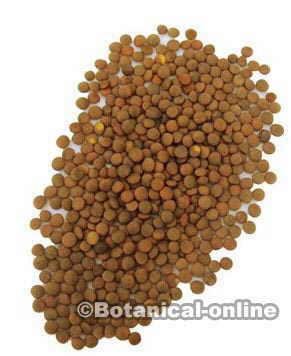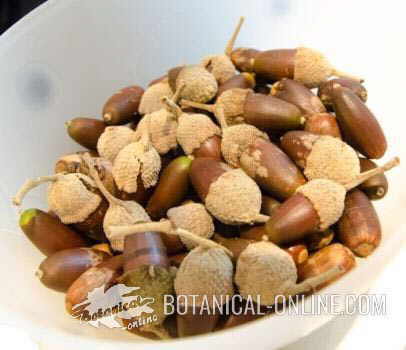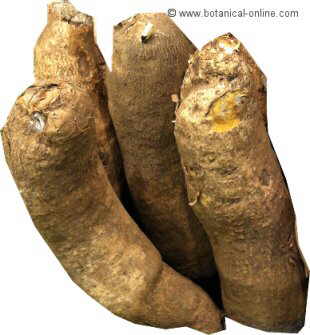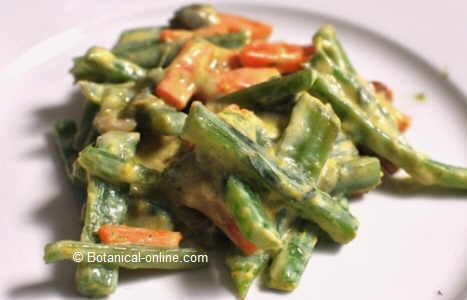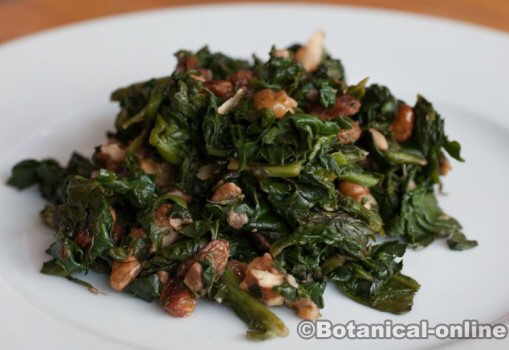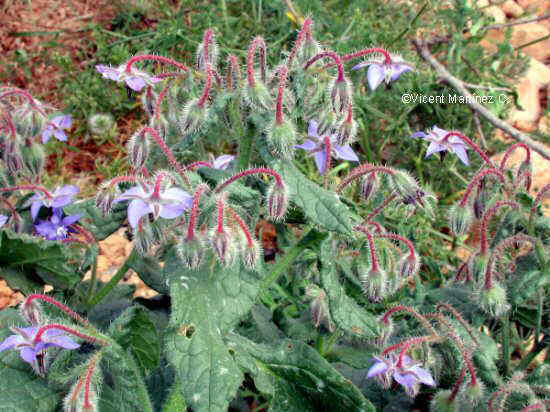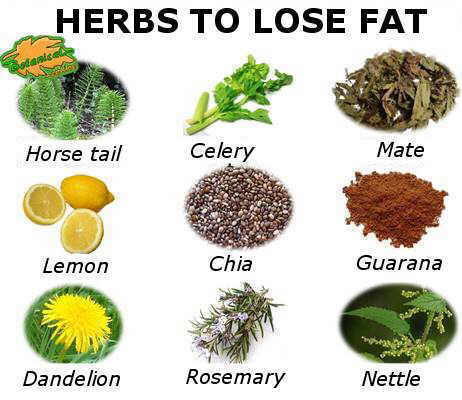Contents
- 1 Food to stay young
- 1.1 Plums are an elixir of youth
- 1.2 Why do plums keep us young?
- 1.3 Food to preserve vision
- 1.4 Plums, a good food to maintain weight and silhouette
- 1.5 Are plums fattening?
- 1.6 Plums to treat and prevent constipation
- 1.7 Plums, a natural sedative
- 1.8 What plums are the best?
- 1.9 Composition of prunes and plums
Food to stay young
Plums are an elixir of youth
Plums have been considered a natural elixir for the maintenance of youth, a rejuvenating food.
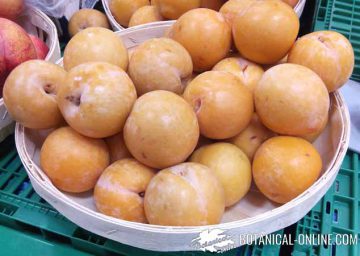
Traditionally, plums were eaten because it was known that a diet rich in this food helped to keep the body in good shape. It prevents the appearance of many diseases of old age and keeps the appearance of the body in good condition.
Why do plums keep us young?
The reason for this thought is based on the fact that this food is rich in vitamin E, a powerful antioxidant, which neutralizes the action of free radicals.
Eating plums keeps your skin looking younger and helps prevent the appearance of wrinkles.
In addition to vitamin E, they contain other antioxidants, including flavonoids and a lot of vitamin A, in the form of beta-carotenes, which are found in the abundant pigments that this fruit contain.
Food to preserve vision
Vitamin A is another powerful antioxidant that, among other functions, protects the body from deterioration that time causes: it helps prevent cancer, takes care of the skin, strengthens the immune system and takes care of the health of the eyes by preventing vision loss.
If we add to these two vitamins their content vitamins of group B, which, among other functions, helps to maintain mental acuity for longer, to keep the nerves in good condition (avoiding problems of numbness or lack of coordination) or to regulate the heart rate, we will understand how interesting it is to eat these fruits to keep our mind and body in good shape as the years go by.
Plums, a good food to maintain weight and silhouette
The abundant potassium content and the absence of sodium, together with the moderate caloric power of plums, make this fruit a good ally for weight loss diets and for those situations in which you want to maintain weight.
This fruit is very abundant in potassium and lacking in sodium, which helps to eliminate body fluids and thus avoids the problem of fluid retention.
Losing retained fluids is not only important for aesthetics, but it also reduces swelling and stylizes the silhouette.
The accumulation of fluids is something very common in certain situations such as menopause, kidney failure problems, liver diseases or with age. Eating this food could partially alleviate the consequences of these health problems.
Are plums fattening?
Plums have very little fat and their caloric power is determined by carbohydrates that provide much more lasting energy. So they help to solve the need to eat something from the table between meals from time to time since they maintain the sensation filling for longer.
Plums, therefore, are suitable for avoiding obesity and at the same time, they are tremendously useful as a snack.
A couple of good plums for a snack or between meals can be very useful so that schoolchildren do not eat other sweets based on not recommended fats and refined sugar that do not add any nutritional value to their diet.
Plums provide healthy and long-lasting energy.
Plums to treat and prevent constipation
Plums are rich in fiber, especially prunes, so, in addition to avoiding constipation, they help empty the intestines and contribute once again to maintaining a good figure.
A good resource in traditional cuisine has been to use plums in their preparations, especially in cakes, as a substitute for margarine or butter.
Plums can form a kind of puree that thickens these preparations and, at the same time, does not have the calories of fats derived from milk or animal fats.
There are preparations on the market packed with this type of puree that would be highly recommended for those who want to prepare a cake without fat.
Plums, a natural sedative
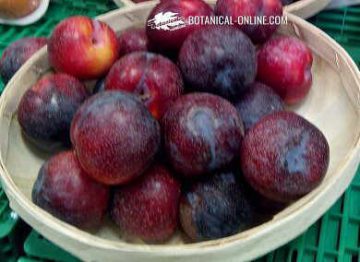
It has been proven that the regular ingestion of this fruit helps to reduce tension, prevent nervousness and keep the body calm.
Eating this fruit in abundance in the last days of September can help prevent the symptoms of fall depression.
They also help to overcome the stress of returning to work after summer vacation or to boost morale and concentration of students who have to return to class to make up their failed subjects.
During this time we have very select and very appetizing varieties of plums on the market.
What plums are the best?

The best plums are those that are picked fresh and ripe. Those that are left to ripen at home are not as rich in vitamins.
The best thing would be to eat the plums with their skin, as this is where most of the vitamins and polyunsaturated fatty acids are found.
However, unfortunately, many of the plums sold on the market offer little guarantee of being able to eat the skin, at least without washing it well beforehand.
Plums need to be washed thoroughly before eating as most are rich in pesticides, unless they come from reliable organic crops. In addition, they are sprayed with waxes to promote sales, that give them a polished and shiny appearance but are not at all desirable for health.
Many of these waxes are very difficult to remove and force us to peel off the skin. Another way to avoid this problem is to remove the wax with a very clean cloth and then wash them well.
Plums can also be purchased dried, the so-called prunes, which contain all the benefits of concentrated plums.
Composition of prunes and plums
| Nutrients | Prunes per 100g | Plums per 100g |
| Water | 32,3 g | 85,2 g |
| Calories | 239 kcal | 55 kcal |
| Fat | 0,52 g | 0,69 g |
| Protein | 2,6 g | 0,72 g |
| Carbohydrates | 62,7 g | 13,01 g |
| Fiber | 7,1 g | 1,5 g |
| Potassium | 745 mg | 172 mg |
| Phosphor | 79 mg | 10 mg |
| Iron | 2,4 mg | 0, 10 mg |
| Sodium | 4 mg | 0 mg |
| Magnesium | 45 mg | 7 mg |
| Calcium | 51 mg | 4 mg |
| Cupper | 0, 43 mg | 0, 043 mg |
| Zinc | 0, 53 mg | 0,10 mg |
| Selenium | 2,3 mcg | 0, 5 mcg |
| Vitamin C | 3,3 mg | 9, 5 mg |
| Vitamin A | 1987 UI | 323 UI |
| Vitamin B1 (Thiamin) | 0,081 mg | 0,043 mg |
| Vitamin B2 (Riboflavin) | 0,162 mg | 0,096 mg |
| Niacin | 1, 961 mg | 0, 5 mg |
| Vitamin E | 1, 45 mg | 0, 6 mg |
![]() More information on plums and prunes
More information on plums and prunes


